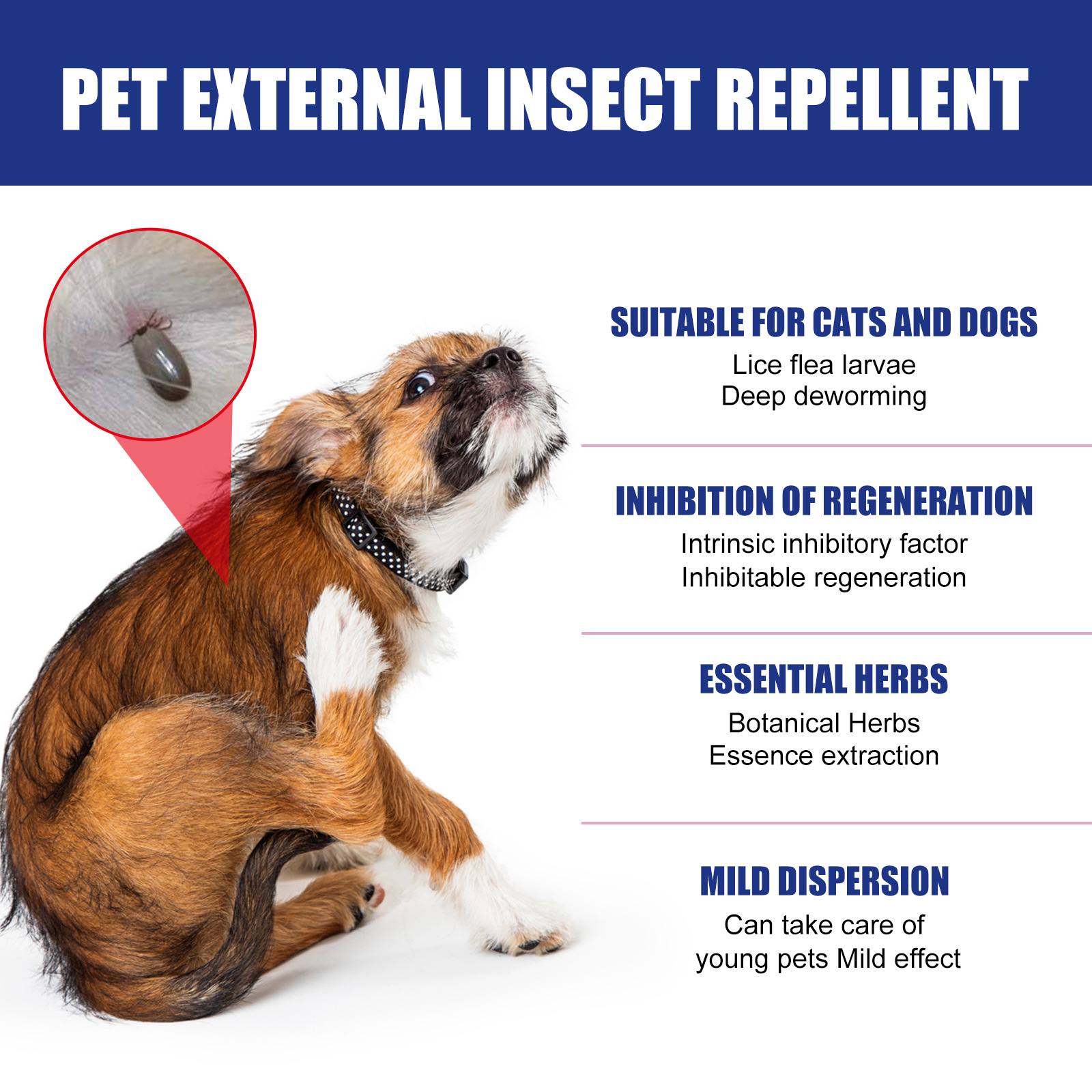Ultimate Guide to Antibiotics for Pets: Ensuring Your Furry Friends Stay Healthy
When it comes to the health and well-being of our beloved pets, understanding the role of antibiotics for pets is crucial. Just like humans, pets can suffer……
When it comes to the health and well-being of our beloved pets, understanding the role of antibiotics for pets is crucial. Just like humans, pets can suffer from bacterial infections that require medical intervention. Antibiotics are powerful medications designed to combat these infections, ensuring that your furry companions remain happy and healthy.
In this comprehensive guide, we will explore everything you need to know about antibiotics for pets, including their types, uses, potential side effects, and important considerations before administering them.
### What Are Antibiotics for Pets?
Antibiotics are drugs that specifically target bacterial infections. They work by either killing bacteria or inhibiting their growth, allowing the pet's immune system to take over and eliminate the infection. It’s important to note that antibiotics are ineffective against viral infections, so proper diagnosis by a veterinarian is essential.
### Types of Antibiotics for Pets
There are several types of antibiotics commonly prescribed for pets, each serving a specific purpose. Some of the most frequently used include:
1. **Penicillins**: These are broad-spectrum antibiotics effective against a variety of bacteria. They are often used for skin infections and respiratory issues.
2. **Cephalosporins**: Similar to penicillins, cephalosporins are used for more severe infections and are effective against a wider range of bacteria.
3. **Tetracyclines**: These are often used for treating infections caused by specific bacteria, such as those causing Lyme disease or certain respiratory infections.
4. **Fluoroquinolones**: Known for their potency, fluoroquinolones are typically reserved for serious infections that do not respond to other antibiotics.

### When Are Antibiotics Necessary for Pets?
Antibiotics for pets are typically prescribed when a veterinarian diagnoses a bacterial infection. Common conditions that may require antibiotic treatment include:
- Skin infections
- Urinary tract infections
- Respiratory infections
- Dental infections
- Gastrointestinal infections

### Potential Side Effects of Antibiotics for Pets
While antibiotics can be life-saving, they may also come with side effects. Some common side effects include:
- Gastrointestinal upset (vomiting, diarrhea)
- Allergic reactions (rashes, swelling)
- Disruption of normal gut flora, which can lead to secondary infections
It's essential to monitor your pet closely after starting any antibiotic regimen and report any concerning symptoms to your veterinarian.
### Important Considerations Before Administering Antibiotics for Pets

1. **Veterinary Guidance**: Always consult with a veterinarian before giving your pet any antibiotics. Self-diagnosing or administering medication without professional advice can lead to ineffective treatment or worsen your pet's condition.
2. **Complete the Course**: If antibiotics are prescribed, ensure that your pet completes the entire course, even if they seem to be feeling better. Stopping treatment early can lead to antibiotic resistance.
3. **Follow Dosage Instructions**: Pay close attention to the dosage and frequency prescribed by your veterinarian. Overdosing can be harmful, while underdosing may not effectively treat the infection.
4. **Regular Check-Ups**: Regular veterinary check-ups can help catch infections early, potentially reducing the need for antibiotics.
### Conclusion
Understanding antibiotics for pets is key to ensuring the health and well-being of your furry companions. By working closely with your veterinarian, you can make informed decisions about your pet's health and ensure they receive the best possible care. Remember, while antibiotics are a powerful tool in fighting infections, responsible use is essential for maintaining your pet's overall health.